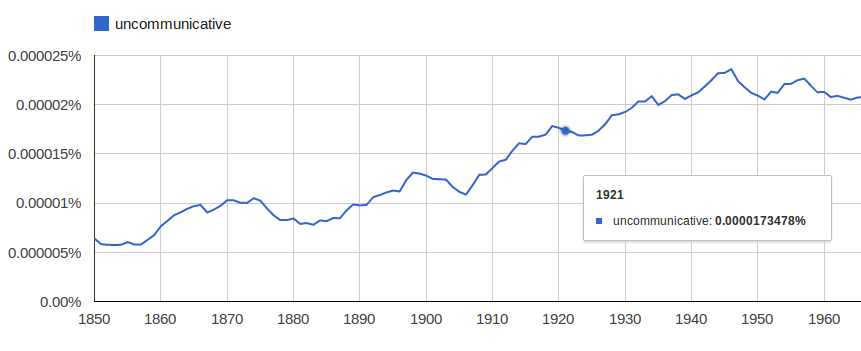It's hard to deny he doesn't
 So Pete Wells (who is the NYT's restaurant critic) wrote an epically bad review of Guy Fieri's American Kitchen & Bar in Times Square (sample line: "Somewhere within the yawning, three-level interior of Guy’s American Kitchen & Bar, is there a long refrigerated tunnel that servers have to pass through to make sure that the French fries, already limp and oil-sogged, are also served cold?").
So Pete Wells (who is the NYT's restaurant critic) wrote an epically bad review of Guy Fieri's American Kitchen & Bar in Times Square (sample line: "Somewhere within the yawning, three-level interior of Guy’s American Kitchen & Bar, is there a long refrigerated tunnel that servers have to pass through to make sure that the French fries, already limp and oil-sogged, are also served cold?").
And Guy Fieri, who has a regular show on the Food Network ("Guy's Big Bite"), struck back with an interview on the Today Show (""I just thought it was ridiculous," Fieri, 44, said Thursday. "I've read reviews. There's good and there's bad in the restaurant business. But that, to me, went so overboard. It really seemed like there was another agenda.")
So does Pete Wells indeed have another agenda?
Read the rest of this entry »


